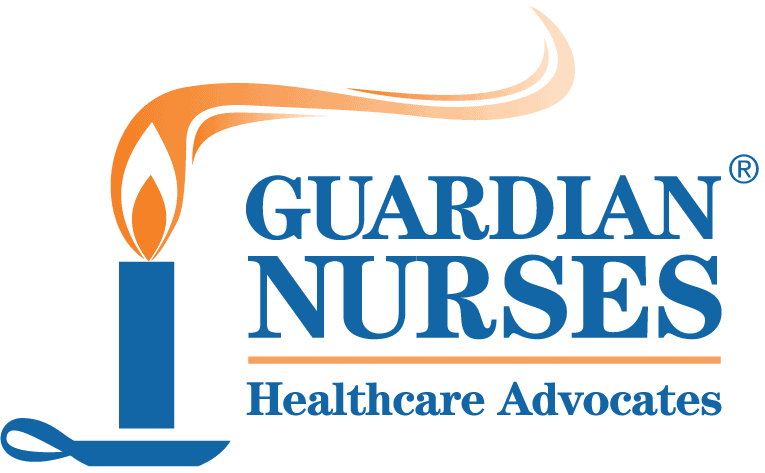Somehow it seems appropriate a few days before April 15th to write that the two things absolutely certain in our lives are death and taxes.
And on April 16th, we recognize the 5th Annual National Healthcare Decisions Day. Seems like good timing, yes?
This date was created to "inspire, educate and empower the public and providers about the importance of advance care planning."
And yet, despite all of the attention that has been given to discussing and planning end of life treatment, it is estimated that only 29% of us have a living will. That is just not enough. Why are only 29% of us thinking about planning for the end of our life when we know for sure that it will happen?
We in the United States are paying an enormous toll, both financially and emotionally, by maintaining the taboo against talking about death and dying in this country.
Many healthcare providers view their inability to "cure" their patient as a professional failure and are therefore reluctant to suggest palliative care even when they know there is little hope of recovery.
Consider that in 2009, Medicare paid $55 BILLION just for doctor and hospital bills for the last two months of patients' lives. Some estimates say that 20-30% of these expenses may have had no meaningful impact. When patients are finally referred to hospice for end of life care, it is within the last two weeks of their lives.
Likewise, most patients and family members have no idea how to discuss the reality of death with each other. While other societies educate their members about death and the process of dying, we are left to figure it out for ourselves. Many of us don't know what to say, what to do, or how to cope. Words fail us.
We do not do our loved ones any favors by not planning or communicating to them what we would want should a situation arise where clinicians need to know what our wishes are.
And when we do talk about death, we use phrases like "He lost his battle with cancer," or "She fought bravely, but Parkinson's won." As though patients weren't trying hard enough, or they failed. What if we didn't use those phrases? What if we began to understand that in many clinical situations, death is inevitable. Perhaps it might be more humane to talk about the patient's quality of life rather than the quantity?
The bottom line is that we need to get past the stigma that death is failure. It is not. We all will die someday, that is for certain. None of us are immune so, knowing that, let's start the conversation. Even if that conversation takes places quietly in our own heads. Think about:
Have you experienced the death of a loved one? If so, what was that like for you? How did it change you, if at all?
- Think about your deepest beliefs about life and death. Understanding what those beliefs are may help you to understand your own end of life care—-and what do you want that care to look like?
- Who should you appoint to make those care decisions for you knowing that that person will carry out your wishes?
- What do you want those wishes to be?
And then, when you are ready and confident of what you want, please take the important step of documenting your wishes in some way. After experiencing many personal and professional experiences with dying patients, including my own parents, I have learned that this is quite possibly the most caring gift you can give your family and friends.
Besides, of course, paying your taxes.
